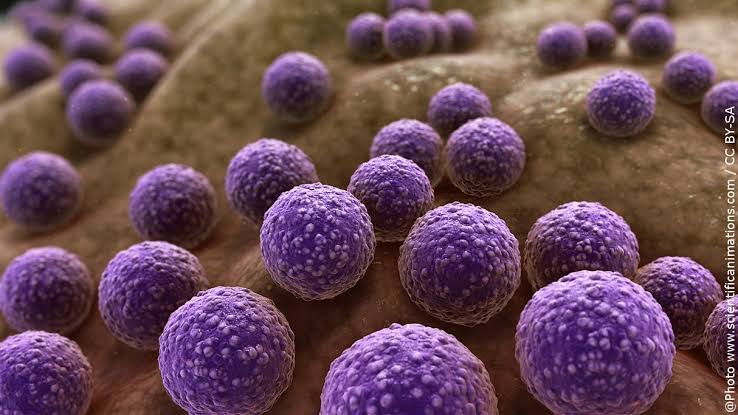There are no products in your shopping cart.
| 0 Items | £0.00 |


BRITAIN has announced a funding plan of up to £210m to help Nigeria and other developing nations combat the growing menace of antimicrobial resistance (AMR) public health threat through the building of state-of-the-art labs and the use of cutting-edge surveillance systems.
According to the World Health Organisation, AMR is one of the top 10 global public health threats facing humanity. AMR occurs when bacteria, viruses, fungi and parasites change over time and no longer respond to medicines, making infections harder to treat and increasing the risk of disease spread, severe illness and death.
Apparently, the cost of AMR to the economy is significant. In addition to death and disability, prolonged illness results in longer hospital stays, the need for more expensive medicines and financial challenges for those impacted.
Without effective antimicrobials, the success of modern medicine in treating infections, including during major surgery and cancer chemotherapy, would be at increased risk. As a result of drug resistance, antibiotics and other antimicrobial medicines become ineffective and infections become increasingly difficult or impossible to treat.
Atinuke Akande-Alegbe, a spokesman for the Foreign Commonwealth and Development Office, revealed that the funding from the government’s UK aid budget will support the Fleming Fund’s activities to tackle AMR in countries across Asia and Africa over the next three years, helping to reduce the threat it poses to the UK and globally. She added that the funding would bolster the surveillance capacity in up to 25 countries, where the threat and burden of AMR is highest, including Nigeria, Indonesia, Ghana, Kenya, and Papua New Guinea, with more than 250 laboratories set to be upgraded and provided with state-of-the-art equipment.
Mrs Akande-Alegbe said: “This investment includes new genome sequencing technology which will help track bacterial transmission between humans, animals and the environment. The investment will also strengthen the international health workforce by supporting 20,000 training sessions for laboratory staff, pharmacists and hospital staff and over 200 Fleming Fund scholarships to boost expertise in microbiology, AMR policy and One Health, which recognises the connection between humans, animals and the environment.”
Apparently, around 1.27m people around the world die each year due to AMR with one in five of those deaths in children under five. Dame Sally Davies, the UK's special envoy on AMR said the Fleming Fund will continue to create real impact to tackle AMR and build pandemic preparedness on the ground across the world, using data to drive action and catalyse investment.